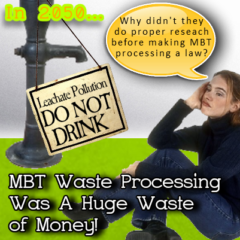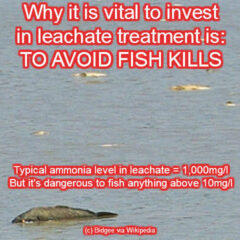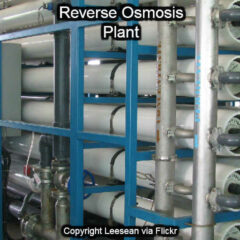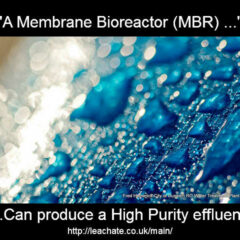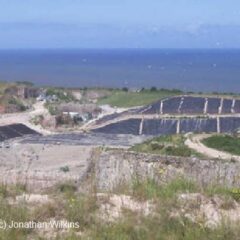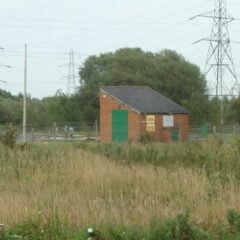content
Privacy Policy
Last Updated On 24-Feb-2023 Effective Date 24-Feb-2023 This Privacy Policy describes the policies of IPPTS Associates, 11 Adswood Grove, Shropshire SY3 9QG, United Kingdom of Great Britain and Northern Ireland (the), email: support@leachate.co.uk phone: 07875170878 on the collection, use and disclosure of the information that we collect when you use our website ( https://leachate.co.uk/main ). […]
A History of Landfill Leachate
A History of Landfill Leachate How leachate is a very recent problem, and how it has been solved for the present generation. But, at what cost in the future? Are you worried about damage to the environment in the future from all that leachate sitting in old landfills? The alternative is to STOP landfilling as […]
Leachate Recirculation Practise and Views
To the site operator leachate recirculation would certainly appear like commonsense as some of the leachate recirculated will be taken in by the waste and not re-appear. The leachate will gain some treatment – especially a significant reduction in BOD and COD by anaerobic digestion within a methanogenic landfill. In addition, if leachate is being […]
Landfill Leachate Composition
Landfill leachate composition for United Kingdom Landfills was first published in the Waste Management Papers published by the UK Department of Environment. Waste Management Paper 26 contains the most recent table of Landfill Leachate Composition before the WMP series was superseded by later documents, notably the DoE’s Leachate Report of 1995. However, the original table, […]
What are the Strategies for Landfill and Leachate Management?
There are two strategies for leachate management. The most common and indeed the only legal way to do manage leachate in the European Union countries is to keep the waste as dry as possible, and not introduce any liquid wastes. That produces the least amount of leachate, and keeps costs low during the infilling of […]

